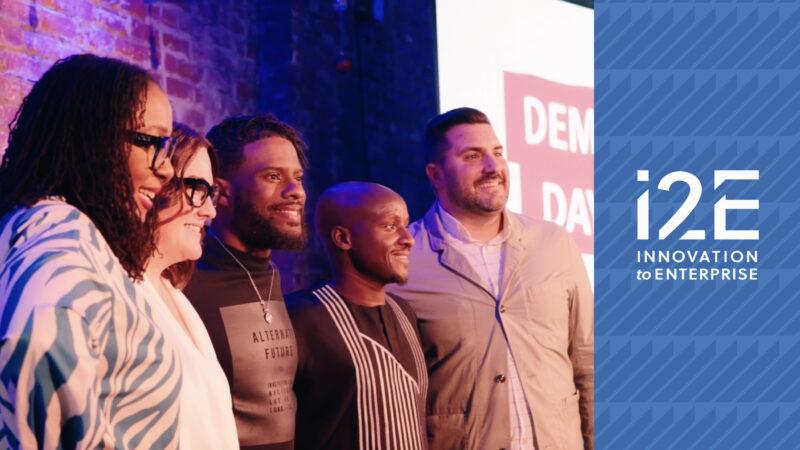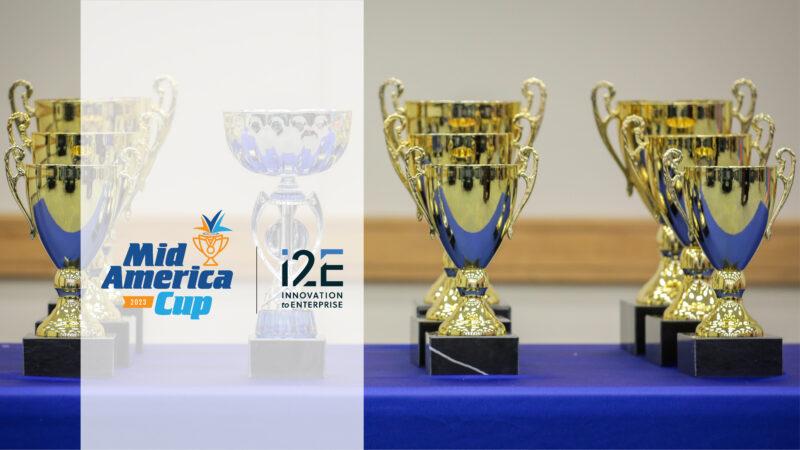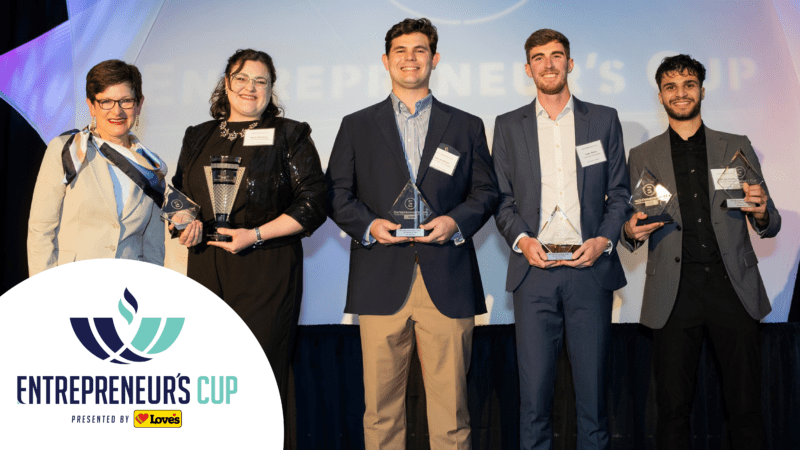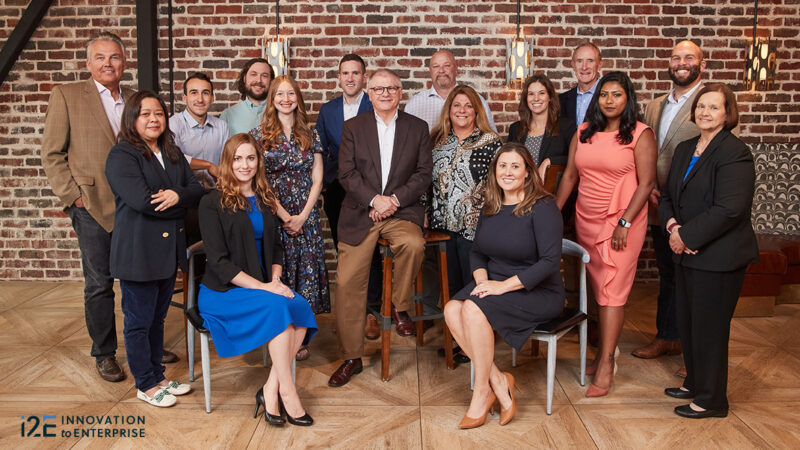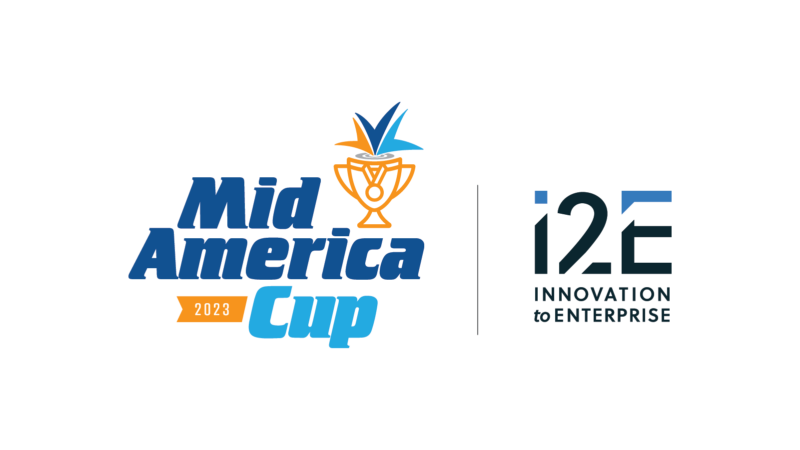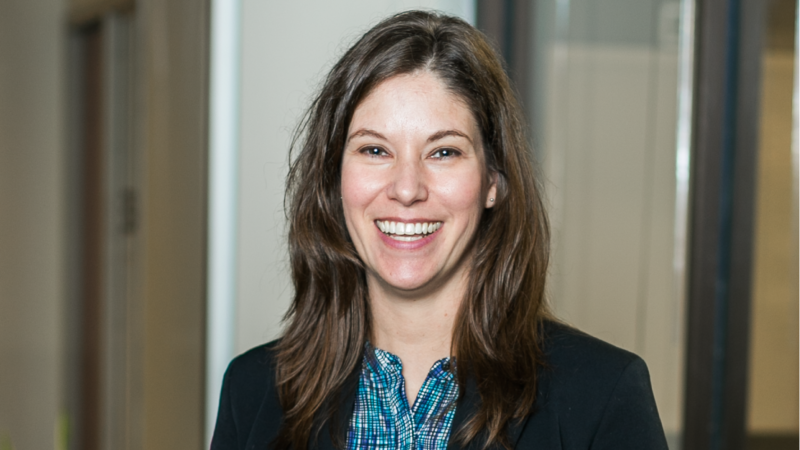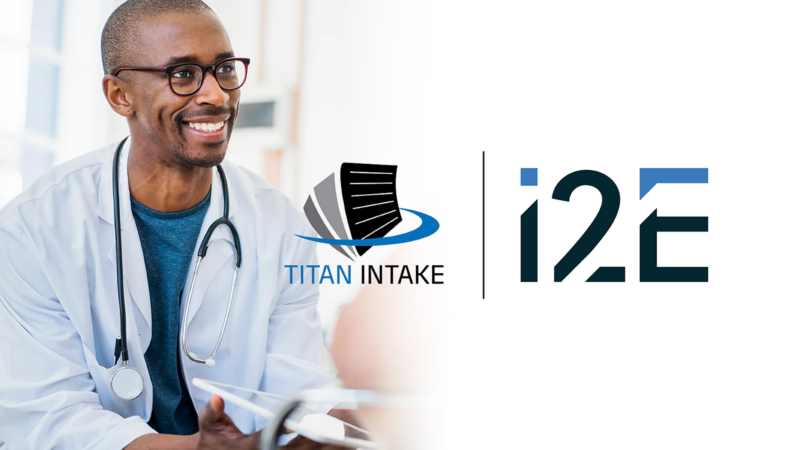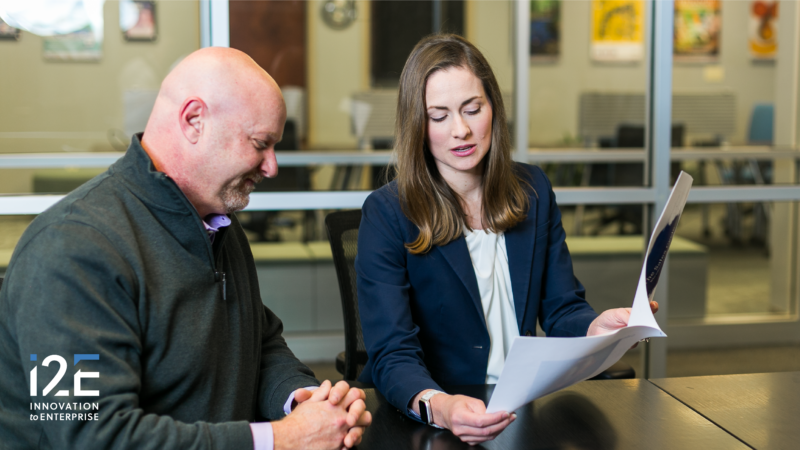OU’s asphalt technology aims to increase life of roadways
By Jim Stafford
Copyright © 2016, The Oklahoma Publishing Company
NORMAN — As a kid, nothing caught my attention like a “steamroller” smoothing down new road construction on the highway as we passed by.
You’ve seen them a thousand times, a machine with big steel drums on each end that compacts new roadway at a blistering speed of 2 mph, or so. Today, they are known as road compactors because steam is so 19th century.
This past week, I met a man who has spent hours atop a road compactor in the hot summer sun as it rolled down new asphalt surface. He was wearing a sports jacket and sitting in an office in the Devon Engineering Hall on the University of Oklahoma campus.
Sesh Commuri holds a doctorate as an electrical engineer and is a professor in OU’s School of Electrical and Computer Engineering.
“I am the only electrical engineer in the country who has built hundreds of miles of roadway,” Commuri told me with a laugh. “We have done construction in 13 states.”
Commuri teamed with OU colleague Musharraf Zaman, a professor in OU’s School of Civil Engineering and Environmental Science, to create a high-tech solution to a problem that long has perplexed highway construction engineers. Asphalt roads deteriorate at a much faster rate than their theoretic lifetime of 20 years.
The pair devised software that provides real-time data on compaction quality as the machine rolls over the surface of newly laid asphalt. Data are displayed on a portable computer in the cab of the machine, providing constant readouts on the level of compaction, the surface temperature, GPS location, as well as a time stamp.
Commuri and Zaman called their technology the Intelligent Asphalt Compaction Analyzer, or the IACA, for short. Their solution promises to extend the life of asphalt roadways and save millions of dollars in repairs.
Central to the IACA is an artificial neural network that extracts the patterns of vibrations of the roller drum during compaction and relates these vibrations to the density of asphalt. After the IACA is calibrated on a short stretch of trial pavement, it can be used to provide continuous information on the compaction achieved during the construction.
“Roughly, it costs $100,000 to build a lane-mile of pavement; that is one lane, one mile,” Commuri said. “If it is breaking down every two or three years, that’s $100,000 down the tube you didn’t have to spend. Today we are spending millions of dollars every year repairing roads that have failed prematurely.”
An Oklahoma Applied Research Support grant from the Oklahoma Center for Advancement of Science and Technology (OCAST) provided original funding that allowed the pair to prove their theories.
“We did some studies in the lab to figure out if our approach was going to work,” Commuri said. “We got some really exciting results, at which point we wrote a proposal to OCAST, and we were successful. That was the turning point, because that gave us the start that we were looking for.”
The $300,000 OCAST grant with matching funds from local industry led to the building of test roadways, a patent filed by OU and eventually technology licensed to Volvo Construction Equipment. This past spring, Volvo introduced its Density Direct technology that displays roadway performance on a tablet in color-coded, real-time displays. The machines featuring the technology sell for $150,000 to $170,000 each.
“Ultimately, if we can save money and the cost of repairing the roads every two or three years and extend the lifetime of the road, even by two years, that’s a significant improvement,” he said. “That’s my goal.”
State and federal highway departments will see a huge reduction in costs associated in repairing roads that wear out too quickly. Drivers will save by not being forced to idle in traffic halted by construction. And that, in turn, will reduce carbon emissions with fewer vehicles idled by road repairs.
Commuri envisions machines equipped with the technology developed here in Oklahoma compacting thousands of miles of roadway nationwide.
“We would have never been able to do this without the initial support of OCAST,” he said. “It was timely and it was significant.”
Read the full story at The Oklahoman.
Jim Stafford writes about Oklahoma innovation and research and development topics on behalf of the Oklahoma Center for the Advancement of Science & Technology.

